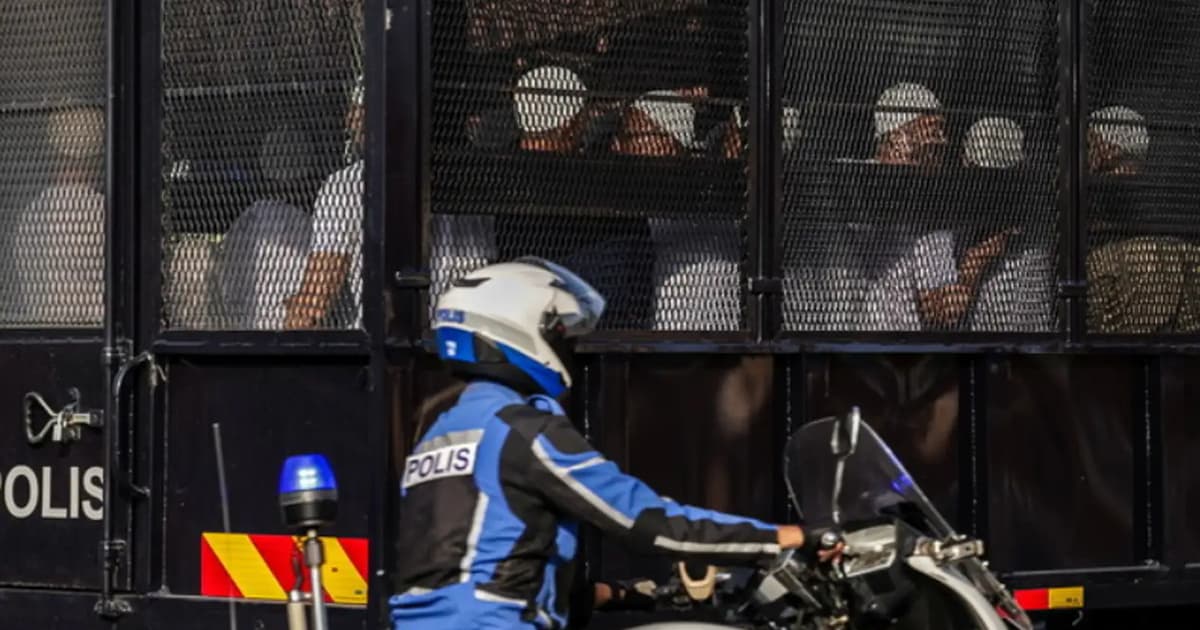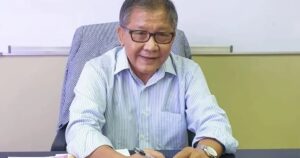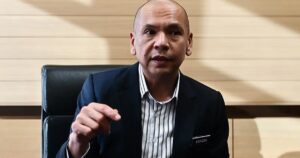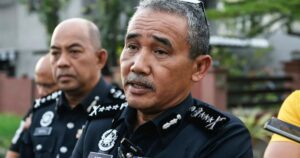
An activist has urged the Attorney-General’s Chambers (AGC) to explain the lighter charges for 22 senior leaders of GISB Holdings Sdn Bhd (GISBH), which was subject to major investigations last year after the rescue of over 500 children.
Yayasan Chow Kit founder Hartini Zainudin said she was disturbed and outraged by the release of the GISBH leaders on Friday, after they were sentenced to a 15-month jail term which was then backdated from the date of their arrests in 2024.
Hartini urged the AGC to explain the basis of offering the alternative charge of being part of an unlawful organisation — which all 22 accused pleaded guilty to — instead of maintaining the initial charge of being members of an organised crime group.
“Were there gaps in evidence? Was this a plea negotiation? On what grounds? The public deserves transparency, especially when the lives and safety of children are involved.
“It’s incomprehensible that an organisation with such a documented history of abuse, police investigations, and national concern is treated as a minor offender. This sets a dangerous precedent,” she told FMT.
Hartini also asked the AGC and police to clarify if there were still active investigations into GISBH, particularly on allegations of abuse, unlawful confinement, and exploitation of children and women.
“To date, there has been no clear disclosure of how many children were formally interviewed, how many perpetrators were charged for child abuse or sexual offences, or what happened to the management of those welfare homes,” she said.
“If investigations were closed, the public deserves to know why. If they remain open, the public deserves assurance that justice is still being pursued.”
Hartini added that the authorities should reexamine the network of facilities linked to GISBH across the country.
On Oct 30, the AGC accepted the representations of the 22 accused to face alternative charges of being members of an unlawful organisation under the Societies Act 1966, which provides for a maximum three years in prison, a fine not exceeding RM5,000, or both.
The initial charge of being members of an organised crime group was punishable by five to 20 years in prison upon conviction.
Some 560 children were rescued from welfare homes linked to GISBH last year, with 536 reunited with their families, 11 under the care of guardians, and 13 yet to be claimed as of January this year.
According to the then inspector-general of police Razarudin Husain, investigations showed that at least 13 of the children were sodomised. He said there were also some who were taught to sexually assault others.
Razarudin was reported to have said that the rescued children were surrendered to the welfare homes when they were two years old, and that they were related to persons linked to GISBH.
Appeal against backdated 15-month jail term
Hartini urged the AGC to appeal against the 15-month jail term as well as the backdating of the sentence, saying this undermined public confidence and the morale of officers who probed the GISBH leaders.
“Justice is not only about punishing individuals, it is also about restoring public faith that those who exploit or endanger children will be held to the highest degree of accountability. A backdated 15-month term that results in immediate release is equivalent to impunity,” she said.
She also sought more information on the wellbeing of the 560 children, pointing out that many of them were found in conditions of neglect and without valid documentation when they were rescued.
Hartini said it was important for these children to be regularly monitored to ensure they do not fall victim to similar offenders again, and that they are only reunited with family members who are “verified as safe”.
According to Hartini, the GISBH case has revealed serious gaps in inter-agency coordination and enforcement when it came to protecting children, particularly in unregistered welfare homes.
She urged Parliament to demand a review of the outcome involving the 22 GISBH leaders and to examine if weak investigation or prosecution had a hand in the lighter charges.
“When hundreds of children are abused in unregistered welfare homes operating under a corporate-religious umbrella, it is not an isolated failure — it is a systemic one.
“If we cannot secure justice for children rescued from systemic exploitation, we have failed as a nation. Completely and utterly.
“I would just quit trying because that means there is no justice for children in Malaysia,” Hartini said.






